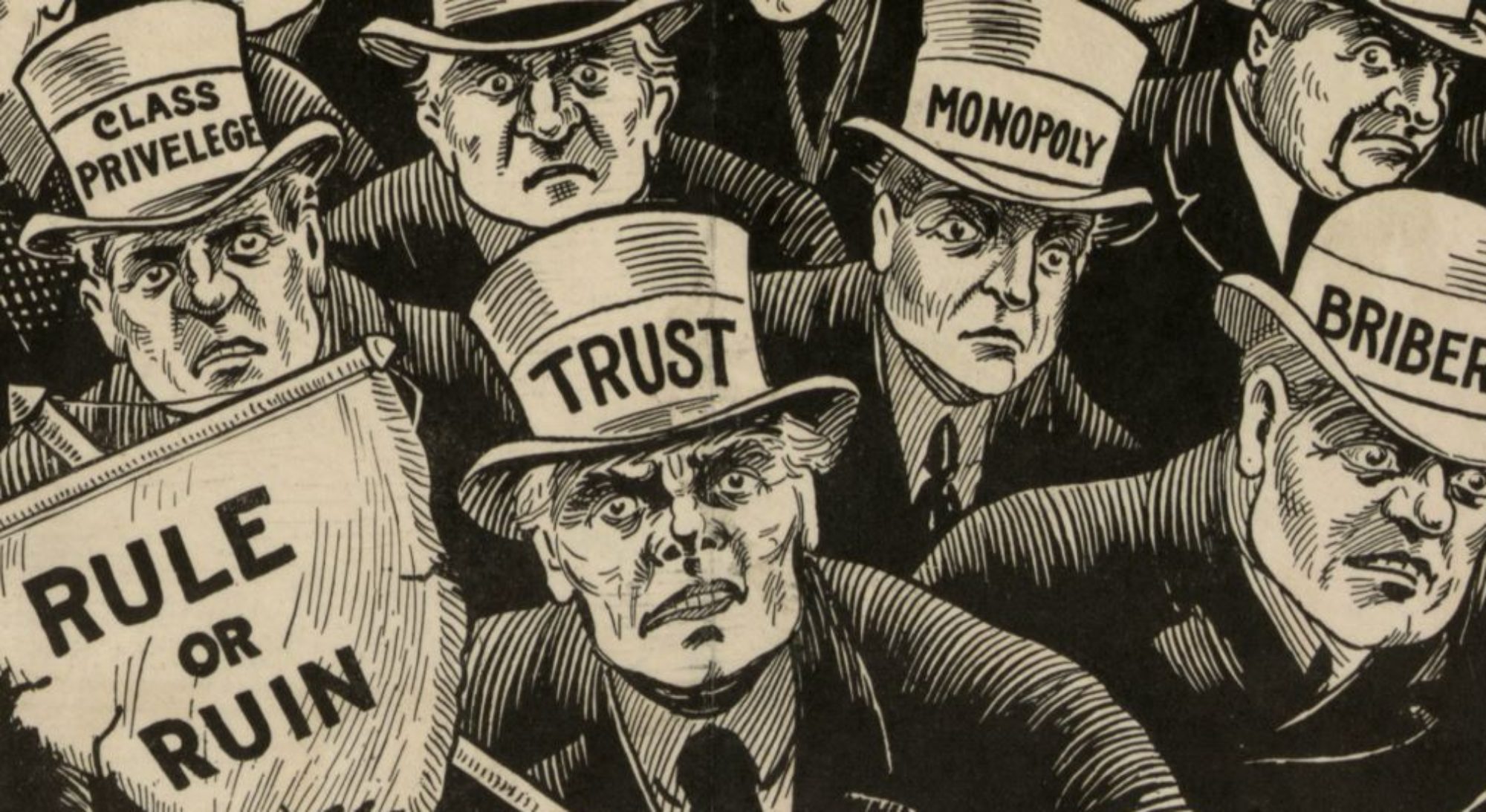Basic economics dictates how the market can be controlled by politicians and big business to benefit the few at the expense of the many, and that’s exactly what’s happening as New York begins the process of legalizing medical marijuana. Who are the few that will reap the biggest rewards?
In order to implement market controls (note: this is NOT free market capitalism), you must restrict access. From the New York Times story (emphasis mine):
The State Health Department, she said (State Senator Diane J. Savino who was a sponsor of the bill passed last summer), had not yet written guidelines for the medical marijuana program, and the licenses available for companies keen to participate would be few and costly.
That way, only the most well-connected and wealthy can participate.
You tax it heavily:
“We can probably take in a couple hundred million dollars a year, minimally,” she said, referring to potential tax revenue.
Um… who do you think is paying those taxes? Consumers who have medical needs. How considerate!
You restrict supply to artificially inflate prices:
When Gov. Andrew M. Cuomo signed the Compassionate Care Act in July, it gave the Health Department 18 months to come up with regulations and choose up to five companies to grow and dispense medical marijuana.
Application costs alone could run to several hundred thousand dollars; start-up costs could top $20 million.
Oh, and did I mention price fixing?:
New York’s health commissioner will set the price of the drug, probably based on the street value.
Which of course means that the street value will adjust dynamically to keep as many black-market customers as possible, and the centrally planned and controlled pricing will never catch up due to bureaucratic lag. This means the black-market will continue to thrive whilst the “legal” market will be strangled and uncompetitive. Capitalism is responsive to market drivers, such as demand vs. price. Socialism (central control by so-called authorities) abstracts the supply from the consumption, which means critical market indicators are disconnected.
And the cronies are all lined up:
Now, for the state’s would-be growers, private equity investors, labor unions, lawyers, lobbyists, consultants, branding firms, suits, stoners and hucksters, the rush is on.
This is the moment when old-guard legalizers meet a new breed of capitalist.
Yep! That new breed? Crony-capitalists!
- Patrick McCarthy, a lobbyist & once an aide to Gov. George E. Pataki and executive director of the New York Republican State Committee
- Dean Petkanas, was chief financial officer at Stratton Oakmont
- Derek Peterson, a former senior vice president at Morgan Stanley Smith Barney (who hired Senator Harry Reid’s son Rory as a lobbyist)
- The Governor of NY
Richard N. Gottfried, a Democratic state assemblyman cited an unwritten formula of government regulation:
“When you make a statute very restrictive — and the governor did that in the last hours — you raise the stakes and create a need for more lawyers and consultants”
- Cannabis industry cash has begun to flow into New York. Ms. Savino said her campaign donations from out-of-state growers were “around $10,000 or $15,000 — not much.” (But it’s the thought that counts, right?)
- Unions have also claimed a share. In New York, all licensees will be union shops, a result of two years of lobbying by the United Food and Commercial Workers International Union
And one last big crony-capitalist play – use government regulations to control unwanted competition:
…at the Cannabis and Hemp Association meeting, the aspiring moguls had a regulatory request for Ms. Savino. They wanted more regulation, not less (talking about over-the-counter remedies being sold as non-psychoactive hemp oil or CBD oil) … Such products are largely unregulated and sell for as much as hundreds of dollars for a small amount. Could the state crack down on them?
Most telling quote in the whole article:
Ms. Savino pulled a bottle of something called Green Cures CBD Oil from her purse, eying it skeptically. “People believe what they want to believe,” she said. “It’s hard to protect people from what they think will help.”
And people thinking that this crony-capitalist “legalization” will help anyone in New York will find that in the long-run it helps no one except those who exploit the voters, tax payers, and consumers, such as politicians, lobbyists, bankers, and union bosses.

